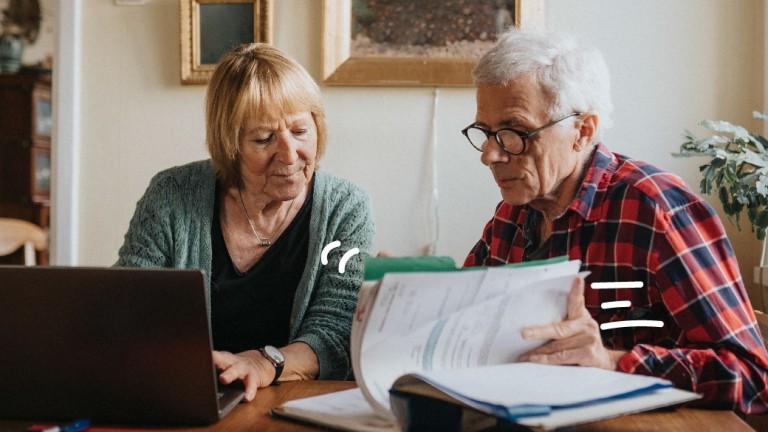Overdraft protection options

OCCU offers several overdraft protection options to save you from the inconvenience and embarrassment of bouncing a check and paying expensive returned item fees.
Personal line of credit
When a check or debit purchase is presented against your account and you don’t have enough money to cover the item, your personal line of credit will automatically advance funds into your checking account in increments of $100 (up to available limit). This loan allows your check or debit purchase to clear without you incurring fees. Any funds left over after the item is paid remain in your account. You can use the money to pay for additional items, or to pay down the balance owing. It’s your choice!
We encourage you to set up an automatic transfer so that your minimum monthly loan payments of 3% of the owed balance (minimum $10) are automatically deducted from your checking account on the due date. Of course, you may choose to pay off the balance at any time.
For additional information or to apply for a personal line of credit visit here.
Extended overdraft
Extended overdraft adds an additional layer of protection to your checking account should you exhaust all other options available to you. Think of it as your last line of defense! With extended overdraft, rather than return your item for insufficient funds, we clear the item and draw your checking account negative for the amount, plus a fee. Your checking account becomes eligible for extended overdraft once it’s been open for 60 days and is in good standing.
With extended overdraft, you’ll avoid the embarrassment, inconvenience and additional merchant fees traditionally associated with returned items. The following transactions are covered under the extended overdraft service; checks, debit card purchases, ATM withdrawals, online or other electronic funds transfers, ACH debits and other payments or withdrawals, account service charges, pre-authorized drafts, and any other items that may be posted to your account.
Extended overdraft is not a loan and your next deposit will be used to repay the amount of the item and the associated fee. You have up to 30 days to bring your checking account back to a positive balance. Please be aware that payment of overdrafts is at the discretion of OCCU and we reserve the right not to pay if your account falls out of good standing.
Other options
Please speak with an OCCU team member or give us a call to discuss additional options for protecting your checking account from overdrafts.
*NOTE: There is a $9 Non-Sufficient Funds (NSF) Overdraft Fee, which applies to overdrafts created by check, in-person withdrawal, ATM withdrawal, Bill Pay, preauthorized automatic debits or transfers, ACH, Point of Sale, or other electronic means.
View all fees associated with overdrafts »
View overdraft protection and disclosures »


